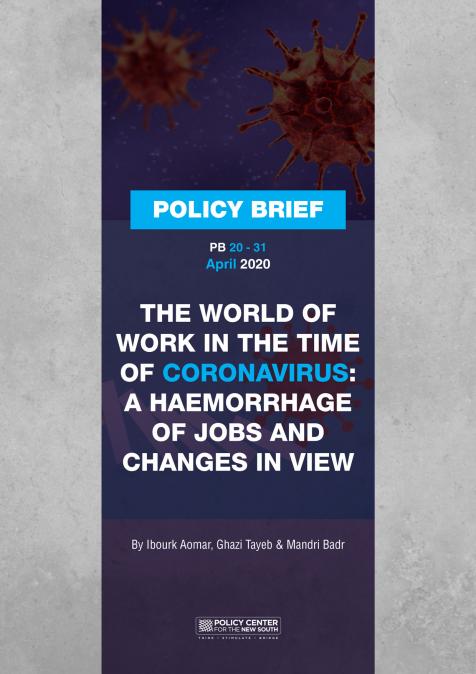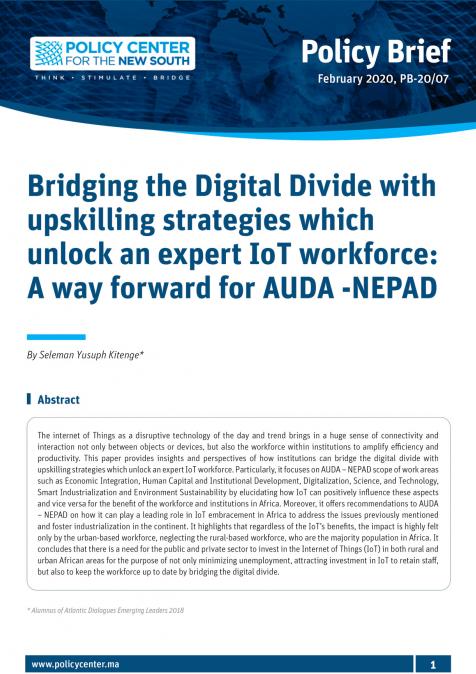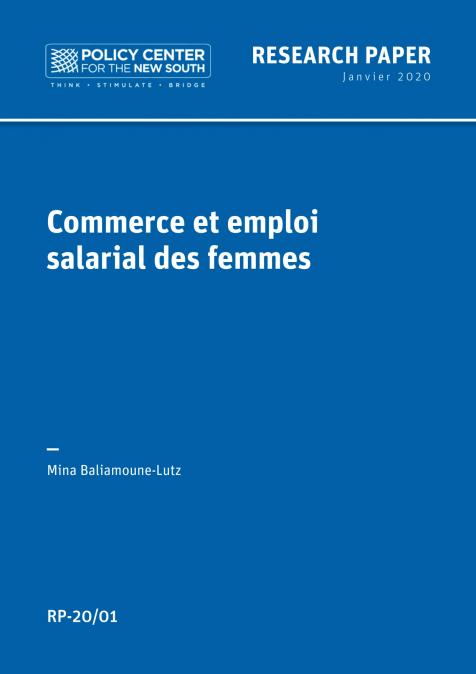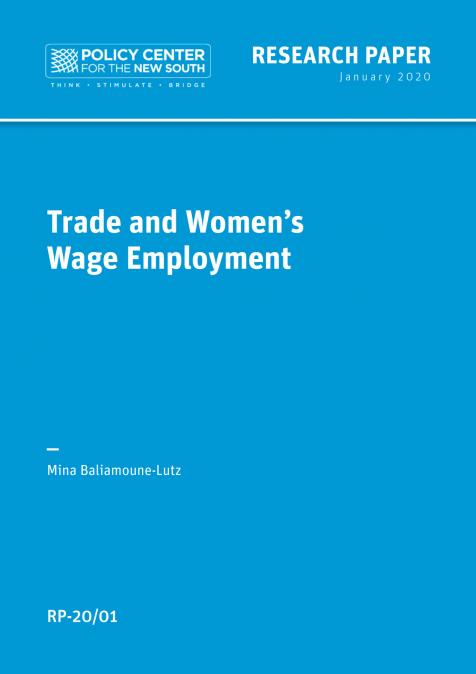Publications /
Policy Brief
The labour market is being hit hard by the consequences of the damage caused by the novel Coronavirus. Out of the 3.3 billion employed working people in the world, more than 4 out of 5 are affected by the total or partial closure of workplaces, according to the International Labour Organization (ILO). In this paper, we will examine, in detail, the situation of the global labour market in the context of the crisis, before discussing the major changes expected in the world of work and the main lessons to be learned.
The upheavals brought about by the advent of the coronavirus pandemic have brought questions about the future of the labour market back to the forefront, questions that have always emerged during bad economic times accentuated in the most obscure economic episodes. The same applies to the reflections on these questions. They point to both short- and long-term impacts, ranging from cyclical reactions of employment, unemployment and underemployment to the most hysteretic and complex changes in productive organization. The current shock is no exception to this logic. This Policy Brief is an attempt to explain how.







